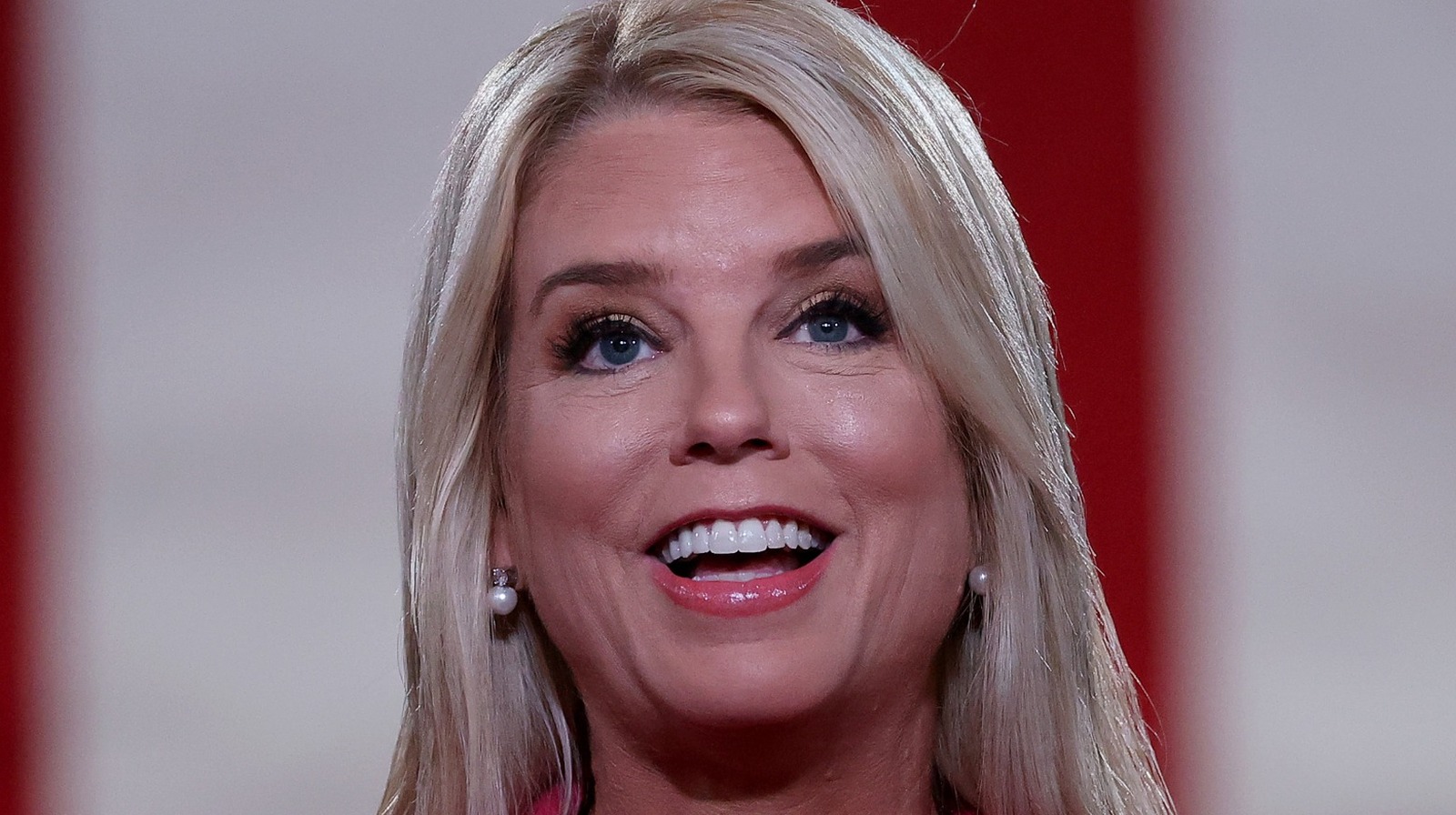The European Union has accused Apple of unlawfully discriminating against EU customers after finding the Cupertino company’s geo-blocking measures may be violating the bloc’s consumer protection rules.
Announced via a press release on Tuesday, the European Commission and the Consumer Protection Cooperation (CPC) said a joint investigation had identified “several potentially prohibited geo-blocking practices” that Apple applies to its App Store, iTunes Store, Arcade, Books. Podcasts, and Apple Music services. Issues include restricting consumers to payment methods issued in the same country where their Apple account was registered, preventing app downloads offered in other EU/EEA countries, and having restrictive, region-specific interfaces.
“In the app version of these services, consumers are only allowed to access the interface made for the country where they have registered their Apple account and face significant challenges when attempting to change this, which is not allowed under EU’s anti-geo-blocking rules,” the CPC Network said in the press release. These rules and other EU service regulations prohibit companies from placing “discriminatory provisions” on services that restrict EU customers based on nationality or country of residence.
“We are stepping up the fight against geo-blocking. No company, big or small, should unjustly discriminate customers based on their nationality, place of residence or place of establishment,” European Commissioner Margrethe Vestager said in the press release.
Apple has one month to propose commitments to address the geo-blocking issues, or risk facing “enforcement measures to ensure compliance” — which can include penalties of up to four percent of Apple’s global annual turnover. The company has already been hit with an EU fine of €1.84 billion (about $2 billion) for antitrust violations and reportedly faces a further penalty for “anti-steering” practices that could reach as high as $38 billion.
 1 week ago
3
1 week ago
3










/cdn.vox-cdn.com/uploads/chorus_asset/file/25751150/Microsoft_Game_Assist_overlay.png)









 English (US) ·
English (US) ·